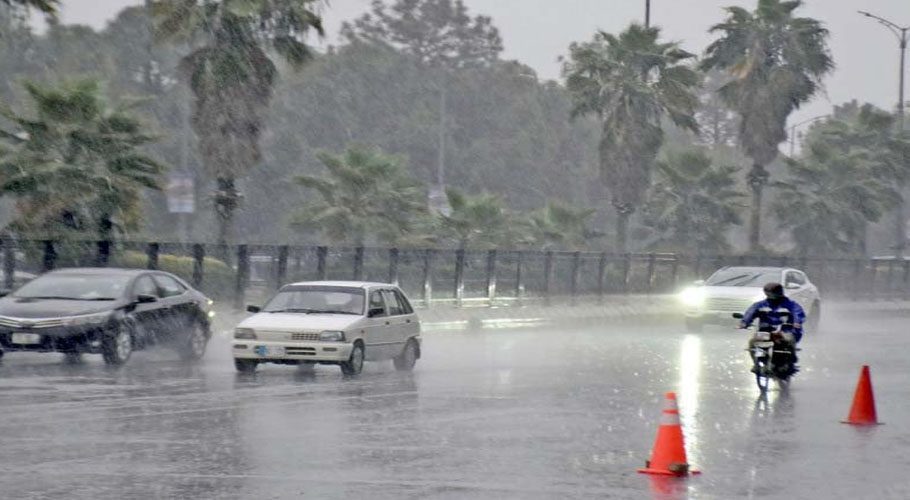![]() Follow Us on Google News
Follow Us on Google News
(REUTERS): The World Health Organisation (WHO) classified a new Covid-19 variant first detected in South Africa as a “highly transmissible” virus of concern and named it Omicron under its Greek-letter system.
Preliminary evidence suggested there is an increased risk of reinfection and there had been a “detrimental change in COVID-19 epidemiology,” it said in a statement after a closed meeting of independent experts who reviewed the data.
The discovery of a new coronavirus variant sent a chill through much of the world as nations raced to halt air travel, markets fell sharply and scientists held emergency meetings to weigh the exact risks, which were largely unknown.
Medical experts and bodies, including the WHO, warned against any overreaction before the variant that originated in southern Africa was better understood. However, a jittery world feared the worst nearly two years after Covid-19 emerged and triggered a pandemic that has killed more than five million people around the globe.
“This variant has a large number of mutations, some of which are concerning. Preliminary evidence suggests an increased risk of reinfection with this variant, as compared to other (variants of concern), it said. Omicron is the fifth variant to carry such a designation.
There was no immediate indication whether the variant causes more severe disease. As with other variants, some infected people display no symptoms, South African experts said.
Even though some of the genetic changes appear worrisome, it was unclear if the new variant would pose a significant public health threat. Some previous variants, like the Beta variant, initially concerned scientists but did not spread very far.
Travel bans
The 27-nation European Union (EU) imposed a temporary ban on air travel from southern Africa, and stocks tumbled in Asia, Europe and the United States.
Meanwhile, EU Commission President Ursula von der Leyen said, “flights will have to be suspended until we have a clear understanding about the danger posed by this new variant, and travellers returning from this region ( southern Africa) should respect strict quarantine rules.”
She insisted on extreme caution, warning that mutations could lead to the emergence and spread of even more concerning variants of the virus that could spread worldwide within a few months.
The United Kingdom also banned flights from South Africa and five other southern African countries at noon and announced that anyone who had recently arrived from those countries would be asked to take a coronavirus test.
The Japanese government announced that Japanese nationals travelling from Eswatini, Zimbabwe, Namibia, Botswana, South Africa and Lesotho will have to quarantine at government-dedicated accommodations for 10 days and take Covid-19 tests on the third, sixth and tenth days. Japan has not yet opened up to foreign nationals.
First cases
Belgium became the first EU country to announce a case of the variant. “It’s a suspicious variant,” Health Minister Frank Vandenbroucke said, adding, “We don’t know if it’s a very dangerous variant.”
Israel, one of the world’s most vaccinated countries, announced on Friday that it also detected its first case of the new variant in a traveller who returned from Malawi. The traveller and two other suspected cases were placed in isolation. Israel said all three were vaccinated, but officials were looking into the travellers’ exact vaccination status.
Meanwhile, Dr Anthony Fauci, the US government’s top infectious disease expert, said, “It has yet to be detected in the United States.”































